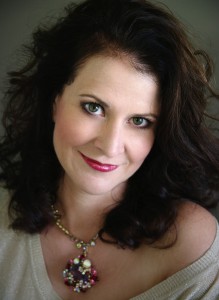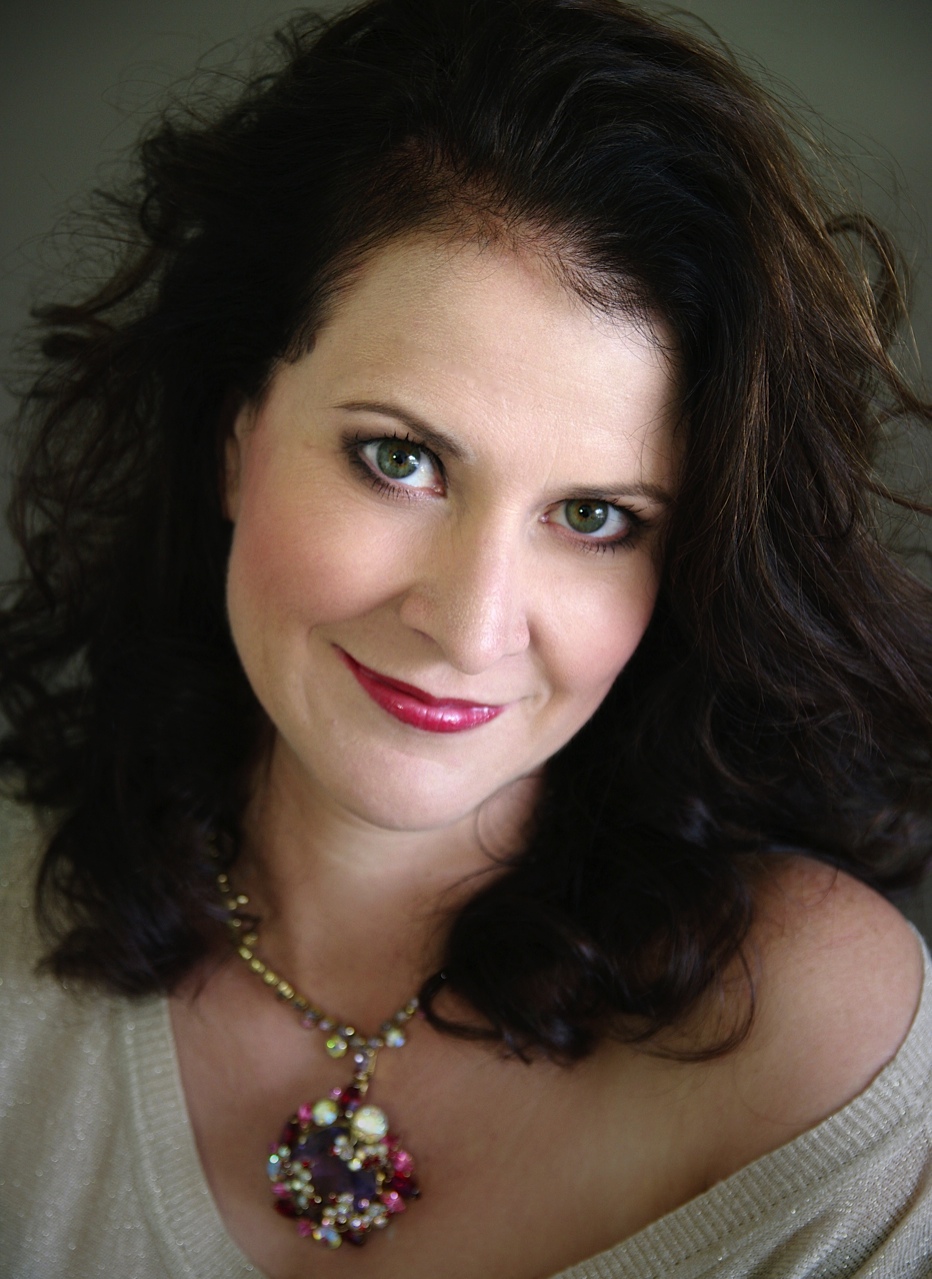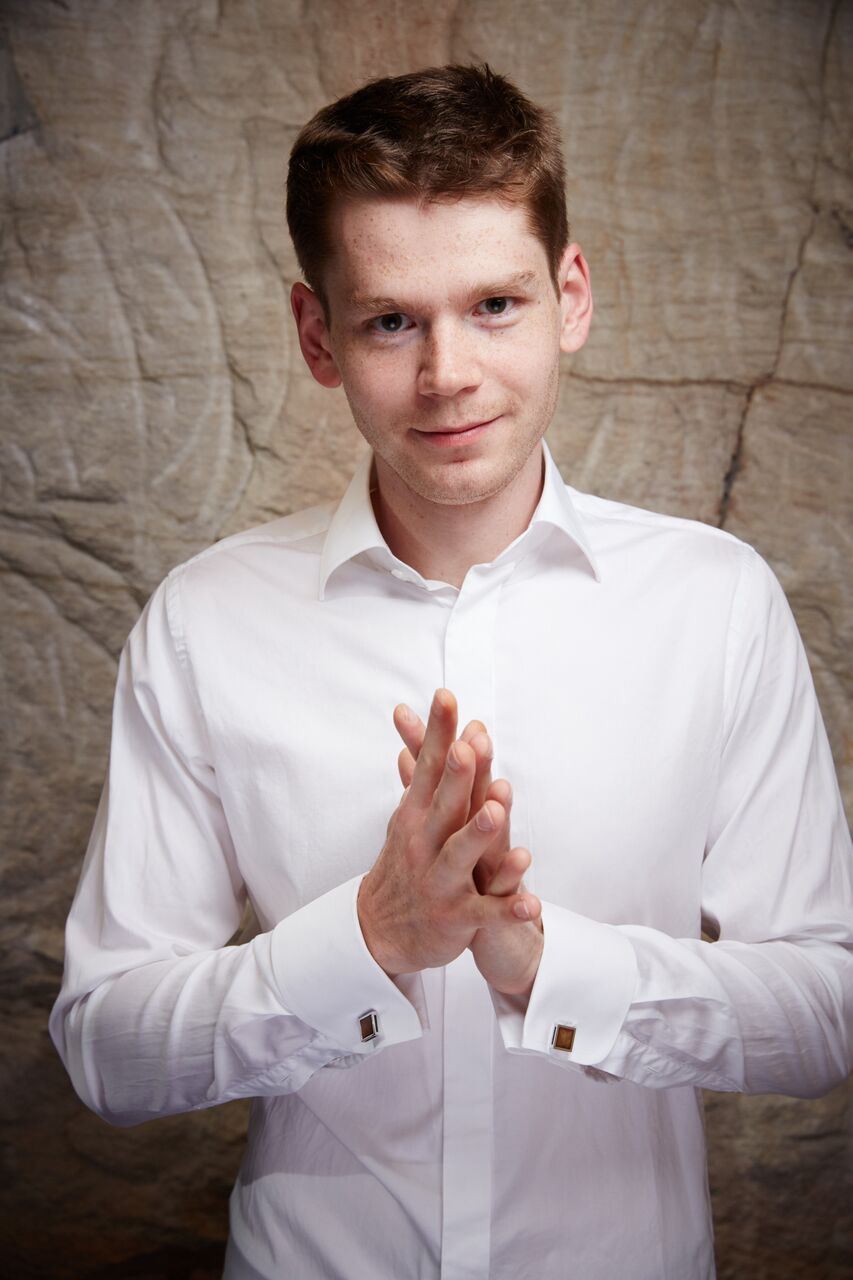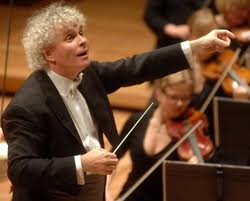In conversation: Deborah Humble’s Twin Passions Of Teaching And Performing

It was a character in George Bernard Shaw’s play Man and Superman who said “He who can, does. He who cannot, teaches.” Mezzo-soprano Deborah Humble for one, has proved Shaw’s character wrong. The Welsh-born Australian trained singer combines a busy schedule of teaching and performing around the opera world. Right now, she has just finished performing in Hong Kong, singing the role of Erda, for the Hong Kong Philharmonic Orchestra’s production of Wagner’s Siegfried, conducted by Jaap van Zweden and recorded by Naxos. Her engagement with the role of Erda in Hong Kong, began with Das Rheingold in 2015. It is a role she sang with great success in Opera Australia’s inaugural production of The Ring in Melbourne in 2013, as well as in several productions at the Hamburg State Opera, conducted by Simone Young, at the Staatstheaters in Halle and Ludwigshafen, at Bari’s Teatro Petruccelli in Italy and at Boston’s Symphony Hall.
Humble has sung a range of roles in opera and in concert from Mozart to Britten. Today, she is a singer who is almost exclusively in demand internationally for her Wagnerian roles. As well, Humble is passionate about teaching and believes it is important that performers pass on their knowledge and experience to the next generation. In addition to her private teaching sessions in voice and language, Humble also conducts Masterclasses, adjudicates competitions and was recently appointed to the Music Board of the Tait Memorial Trust, an organisation that has raised more than £500,000 in financial support to young Australian performers while they are studying in the U.K.
I caught up with Deborah Humble in Melbourne recently, during Opera Australia’s second run of the 2016 Ring Cycle. “It’s quite an honour to be invited to sit on the music board. The Tait Memorial Music Trust is chaired by Isla Baring OAM and distributes money to Australian musicians who are studying and working in the UK, as well as organising performance opportunities. I’m very much enjoying being involved with the next generation of Australian talent” says Humble who also works as a mentor with the Melba Trust, which bridges the transition between tertiary education and entry-level performing or a Young Artist Programme for singers.
Mildly surprised, Humble now finds herself at a point in her career where she is being invited to engage with young singers. “I feel I have a responsibility” she explains “because I’ve been fortunate enough to have lived and worked and studied abroad for so long, it’s nice to come back and give back the benefit of that experience. I think that’s a responsibility I owe to people who have been brought up in this country.”
I asked Humble what qualities she seeks in these emerging musicians. “What we’re looking for,” she said thoughtfully, “is a special quality. It becomes very obvious very quickly that something grabs your attention and it’s not just a good voice. It’s someone with a personality; someone who is feeling the music and able to impart that to you. We don’t expect them to be polished artists; we’re looking for an intangible quality that no one can put a name to but you know it when you see it.”
Through her roles at the Tait Memorial Trust, the Melba Trust and adjudicating the finals of City of Sydney Eisteddfod aria competition, Humble has heard dozens of emerging singers. Her advice to them is sound. One crucial recommendation to young Australian singers is to focus on European languages – German, French and Italian. Humble has lived and worked extensively in Europe. Her most recent stint was with the Hamburg State Opera for 11 years. Her view is that Australian are “very much behind” in comparison with the singers in Europe who have grown up immersed in many languages. Spending time overseas is an essential part of an Australian singer’s training. “Whether it be Europe, the UK or the US, it’s important for young singers to go somewhere and get a sense of the standard in the rest of the world – of how many people are trying to do the same things. They get to see the best people in the world on the best stages, at any time they like. Of course, it is difficult. There is no set path. Everyone must find their own way. And it’s an expensive exercise to get on a plane, find accommodation, get a singing teacher, have coaching and meet the right people, which is why things like the Tait scholarships make a huge difference to people. But at the end of the day it’s talent, a great will, a sense of motivation and staying power because it just isn’t easy.”
“Having said that”, says Humble, adding a note of caution, “Lately, I’ve given quite a few young singers the advice to stay, at least for the time being because they’re not ready to go overseas and if they do it can be demoralising. Also, there are more opportunities in Australia than there were 20 years ago. The difference though, is that smaller companies have no permanent ensembles and limited funds, so younger singers tend to be cast in roles because its less expensive than hiring more experienced singers. The temptation for younger singers to accept these is natural but they are not always of benefit to that singer.”
Observing the teaching scene in both Sydney and Melbourne, Humble is convinced that the demand for good teaching is as strong as ever, especially from a practising professional. Humble’s professional life came into play when she took to the stage in Hong Kong as Erda. “It’s an excellent project with world-class singers,” she enthuses. “The CDs that have already come out on Naxos are very good.”
From Hong Kong, Humble travels to Adelaide, performing there for the first time since 2007 in a concert sponsored by the Wagner Society. Then, it’s 2 months in France – for which she is brushing up her French – performing Mary in The Flying Dutchman for Opera de Lille. In April, Humble joins an ensemble of Australian singers in Lisbon, to embark on a specialist music cruise, which includes a recital of Spanish songs with José María Gallardo del Rey, a noted guitarist from Barcelona. A string of other engagements which include singing Waltraute in Die Goetterdaemmerung in the UK takes Humble to December when she will perform in Messiah in both New Zealand and in Perth.
After establishing her career in Australia as a leading dramatic mezzo-soprano, Humble moved to the Hamburg State Opera along with conductor Simone Young. It was a very successful decade, “but when Simone left” says Humble with just a hint of wistfulness, “the reality was that Kent (Nagano) was not interested in anyone from what he called the old regime. I did do a couple of guest performances with Kent but the reality was, no more guest performances in Hamburg.” Rather than dwell on the past, Humble mustered her forces. “I’d been there for 11 years and I was either going to stay there forever, or move on and see what happened next. Managements change constantly and it is important to be able to adjust accordingly. Everything goes in swings and roundabouts. I decided that since the following year is so busy I would take some time out until Christmas, do some teaching and spend some time at home.”
Ever the pedagogue, Humble says her own education never stops. “What is so fascinating is that every time I sing a role I understand it better. It doesn’t matter if it is a small role like Mary in “Dutchman” or Venus in Tannhaüser which is significantly larger, or Fricka or Waltraute or Branngaene, or Erda which is shorter but quite intense and important. Getting slightly deeper into the psyche of the character makes it a much more enjoyable sing.”
For this Wagnerian, 2016 held a special significance as she announced delightedly she had attended her first Ring Cycle at the home of Wagner in Bayreuth. “It makes it much more exciting to sing and to listen to as well. It’s the language, it’s the text and understanding all these leitmotifs and how it all connects. It is really an intellectual pursuit if you want to make it that way. The music was extraordinary and I have never heard anywhere, such consistently high-class quality voices. If you didn’t enjoy the production and just wanted to close your eyes and listen you would not have been disappointed. But it’s the whole experience to go Bayreuth – the place where The Ring was meant to be performed and everyone knows each other and gets into discussions at interval at the corner cafe with pretzels and beer. It’s like a big Wagner family get together. The whole town is booked out with Wagner fans from all over the world. The more Wagner fans I meet the more I can engage in these conversations and realise how much there is it to it! Discovering Wagner is a lifelong journey.”
Shamistha de Soysa for SoundsLikeSydney©







